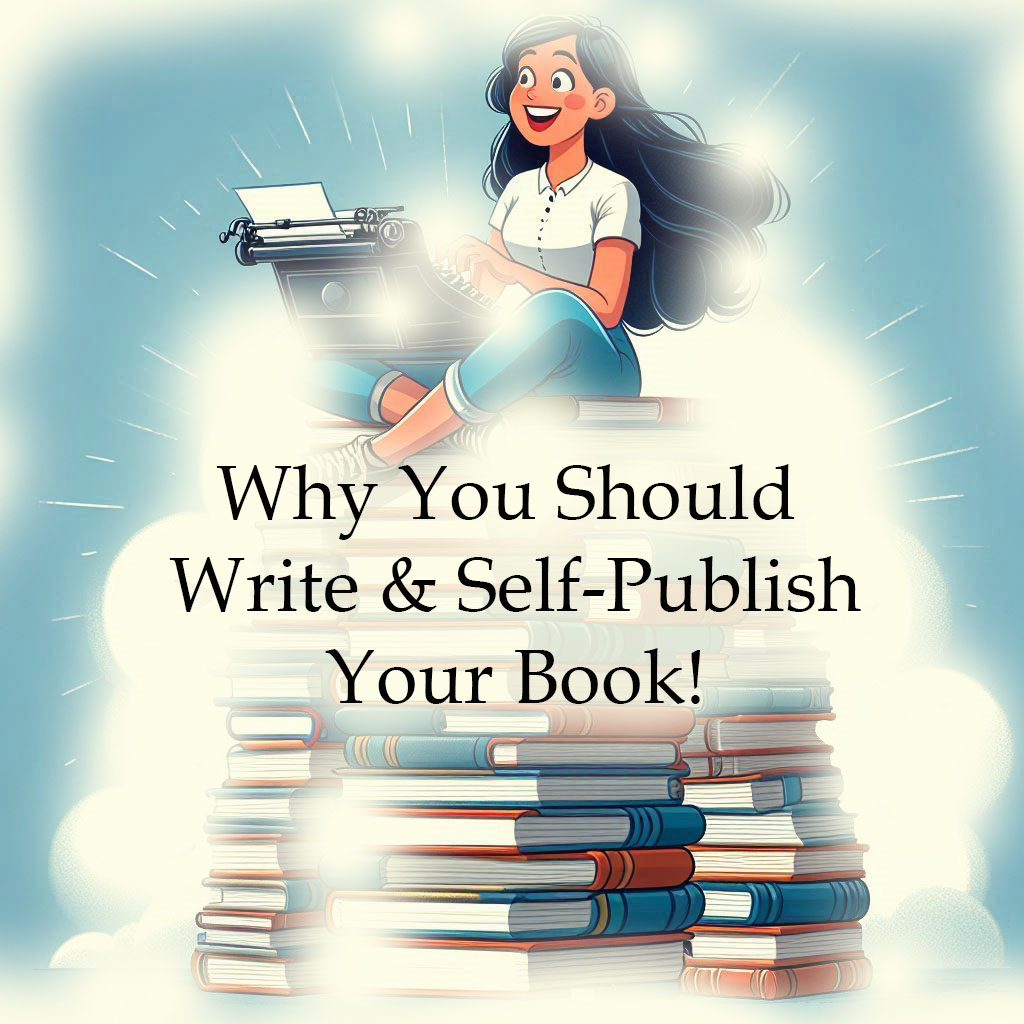In a world overflowing with words, two stand out among the rest, carrying an unparalleled weight and influence.
These words, often overlooked in their simplicity, possess the capacity to shape destinies, mend relationships, and catalyze change.
What are these two mighty words? “Thank you.”
The Essence of Gratitude
Gratitude, the cornerstone of human connection and fulfillment, finds its embodiment in the phrase “thank you.” It transcends cultural boundaries, languages, and generations, serving as a universal symbol of appreciation. Here’s why it matters:
- Expressing Appreciation: When we utter these words, we acknowledge the actions, kindness, or gifts bestowed upon us. This simple act of recognition fosters a sense of belonging and strengthens bonds.
- Fostering Positivity: Gratitude has transformative powers. By expressing thanks, we cultivate a positive outlook, rewiring our brains to focus on abundance rather than scarcity.
- Cultivating Relationships: In the tapestry of human relationships, gratitude acts as the golden thread, weaving together trust, empathy, and understanding. It deepens connections and paves the way for reciprocity.
Impact Beyond Words
Beyond their verbal manifestation, the potency of “thank you” reverberates in actions and gestures:
- Small Acts, Big Impact: A handwritten note, a heartfelt smile, or a sincere handshake—all convey gratitude in its purest form. These seemingly small gestures have the power to brighten someone’s day and leave an indelible mark.
- Inspiring Generosity: Gratitude begets generosity. When we express thanks, we not only acknowledge past kindness but also inspire future acts of benevolence. It creates a ripple effect of goodwill, enriching the lives of both giver and receiver.
- Catalyzing Success: In the realm of business and leadership, gratitude emerges as a potent tool for success. Recognizing the efforts of team members fosters a culture of appreciation, fueling motivation, and enhancing productivity.
The Other Side of the Coin: “I’m Sorry”
In the tapestry of human interactions, gratitude finds its counterpart in another pair of words—“I’m sorry.”
Here’s why they are equally indispensable:
- Embracing Vulnerability: Apologizing requires humility and vulnerability. It acknowledges our fallibility and demonstrates a commitment to rectifying mistakes. In doing so, it bridges the chasm of misunderstanding and restores harmony.
- Rebuilding Trust: When trust is fractured, genuine apologies serve as the mortar that binds the pieces back together. They pave the path for reconciliation, allowing relationships to emerge stronger from moments of strife.
- Personal Growth: Apologizing isn’t merely an act of contrition; it’s a catalyst for personal growth. By confronting our shortcomings and taking responsibility for our actions, we embark on a journey of self-awareness and refinement.
Leveraging the Power of “Thank You” and “I’m Sorry” in Writing
Writers, as stewards of language, hold a unique responsibility to harness the power of words for maximum impact.
Incorporating “thank you” and “I’m sorry” into their craft can elevate their work in profound ways:
- Gratitude in Writing:
- Acknowledging Influences: Writers often draw inspiration from the works of others. Whether it’s citing a source, referencing a mentor, or acknowledging the literary giants who paved the way, expressing gratitude honors the contributions that shape their creative journey.
- Engaging with Readers: A sincere “thank you” to readers can foster a sense of community and appreciation. Whether it’s at the end of a book, a blog post, or a social media interaction, acknowledging the audience’s time and attention reinforces the writer-reader bond.
- Collaborative Endeavors: Writing is rarely a solitary pursuit. Editors, beta readers, and collaborators play pivotal roles in refining and enhancing the writer’s work. Gratitude towards these individuals not only acknowledges their contributions but also strengthens professional relationships.
- The Art of Apology:
- Addressing Errors: No writer is immune to mistakes. Whether it’s a typo, a factual inaccuracy, or a misinterpretation, owning up to errors demonstrates integrity and a commitment to accuracy. A genuine apology accompanied by corrective action fosters trust and credibility.
- Navigating Controversy: In the realm of opinion pieces and contentious topics, writers may find themselves at odds with their audience. While standing by one’s convictions is commendable, acknowledging unintended harm or offense with a sincere apology can mitigate tensions and promote constructive dialogue.
- Embracing Feedback: Receiving criticism gracefully is an essential skill for writers. When faced with valid critique, acknowledging the perspective of the reader or reviewer and expressing a willingness to learn and improve can turn a potentially negative interaction into a valuable opportunity for growth.
Harnessing the Power of Words
In the grand tapestry of human existence, words wield immense power—the power to heal, to uplift, and to transform.
Among them, “thank you” and “I’m sorry” stand as beacons of light, guiding us through the labyrinth of human relationships.
As we navigate the complexities of life, let us remember the profound impact of these two simple phrases and wield them with intention, for they possess the potential to change the world—one interaction at a time.
Need Help With Your Book Cover or Literary Packaging?
Looking to bring your ideas to life with captivating storytelling and imaginative flair?
Whether you need compelling copywriting, engaging written, visual or video content creation, or literary packaging that stands out, I’m here to help.
Let’s collaborate to turn your vision into reality. Reach out today to discuss your project and let’s embark on a journey of creativity together!






